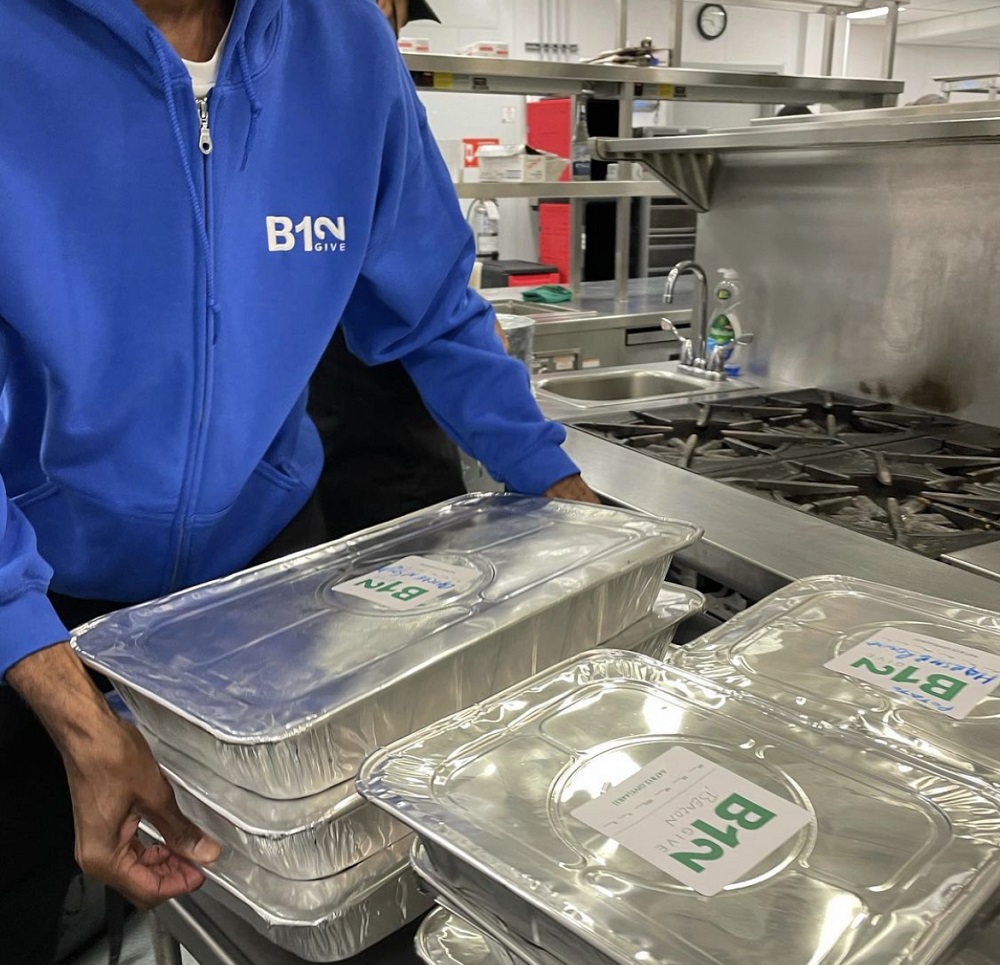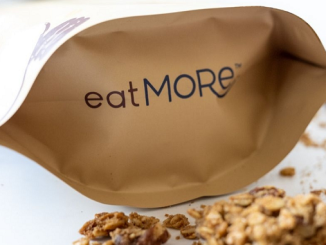Led by Tony Colley, Founder and CEO, Be One to Give (B12Give) is a for-profit social enterprise based in Toronto that offers retailers along the food supply chain a more sustainable alternative to organic waste collection. Motivated by a personal experience with food insecurity and driven by a commitment to help others in need, Colley and his dedicated team aim to provide vulnerable communities with direct and barrier-free access to surplus food across Canada by 2040.

Describe your charity/non-profit/volunteer work in a few sentences.
We are an on-demand food recovery platform that helps food retailers along the supply chain divert 100% of their surplus food to food insecure communities. Leveraging technology and logistics, our app provides safe and seamless redistribution of surplus food to those who need it most within two hours of receipt. We capture our clients social and environmental impact analytics in real-time with each order, allowing them to share ESG reporting details to all stakeholders.
What problem does it aim to solve?
Avoidable food waste along the supply chain and food insecurity across Canada.
When did you start/join it?
The business was formed in 2019; however, due to COVID, we didn’t launch the service until early 2023.
What made you want to get involved?
The business started due to my own personal experience with food insecurity when I found myself on social assistance after a 23-year career in corporate finance, fundraising and event production. The only job I could find was with a local caterer, and on my first event, there was an egregious amount of edible food about to be discarded. Being food insecure, I packed some up for myself and decided to donate the surplus to a nearby shelter on my bike. After more than two years of donations, I decided to purchase a food delivery bag to make the process easier, and stumbled upon an opportunity to build a more circular and sustainable solution to surplus food recovery.
What was the situation like when you started?
In 2019, food waste and food insecurity were both critical issues in Canada; with 1 in 9 suffering from food insecurity, while 58% of all food produced was lost or wasted along the supply chain.
How has it changed since?
Today, (primarily due to the pandemic), 1 in 4 Canadians are now food insecure, while half of all food produced is lost or wasted, 96% of which is not being rescued or redistributed. Food banks are overwhelmed, seeing more than 2M visits in one month, first ever recorded in Canada. In-market solutions to avoidable food waste lack comprehensive logistics, are limited by service area, and are volunteer-driven. Our service is the first to provide same-day logistics guaranteed wherever surplus food exists, thereby eliminating avoidable food waste in our clients’ daily operations, combating both crises simultaneously.
What more needs to be done?
More policy implementation around adherence to edible food diversion for food retailers with accountability measures that retailers must abide to or face fines.
How can our readers help?
Any direct referrals to our target customers (grocery stores, hotels, convention centres, event venues, caterers, etc.) are greatly appreciated.
Do you have any events coming up?
We are constantly seeking to expand our partnerships with those in the events, hotel, and restaurant business, so do reach out and follow us to stay in the loop on future initiatives.
Where can we follow you?
Visit our website or follow us on Instagram.
PAY IT FORWARD: What is an awesome local charity that you love?




